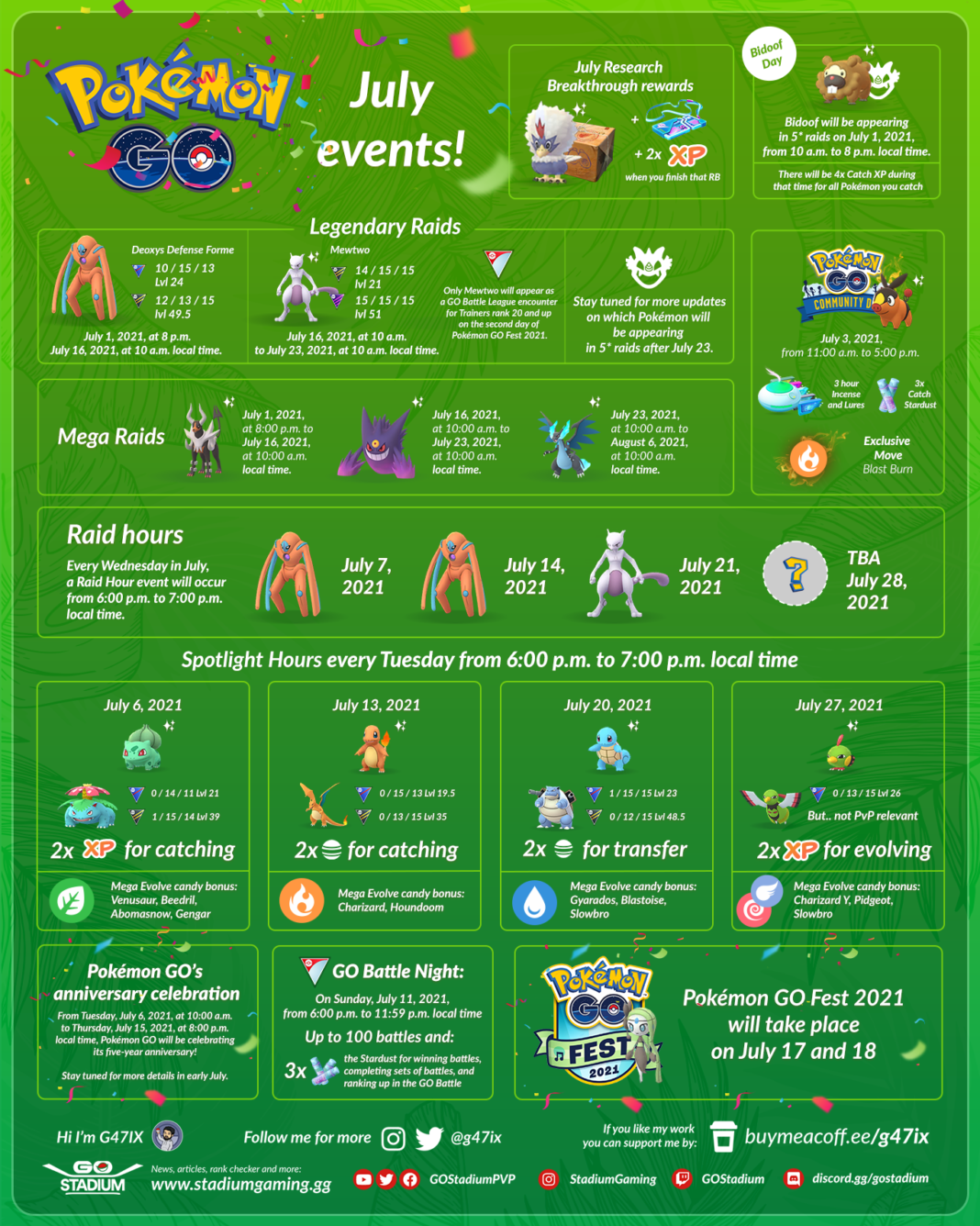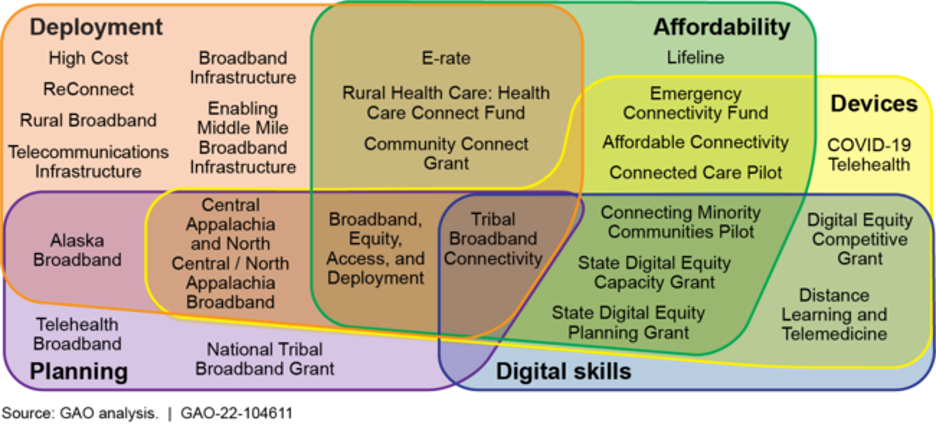$8.2 Billion Iwi Asset Value: A Report On Significant Growth

Table of Contents
Sources of Iwi Asset Growth
The remarkable $8.2 billion valuation of Iwi assets is the result of a confluence of factors, including shrewd investment strategies, supportive government policies, and a commitment to sustainable resource management.
Successful Investment Strategies
Iwi have demonstrated a remarkable ability to diversify their investment portfolios, achieving success across a range of sectors. This strategic diversification minimizes risk and maximizes returns. Examples include:
- Property Development: Many Iwi have successfully developed commercial and residential properties, generating substantial rental income and capital appreciation. This includes large-scale projects in urban centers and targeted developments in regional areas.
- Resource Management: Traditional resource management, encompassing forestry, fishing, and farming, remains a cornerstone of Iwi economic activity. Sustainable practices ensure long-term viability and environmental responsibility.
- Tourism and Hospitality: Capitalizing on New Zealand's thriving tourism sector, several Iwi have established successful tourism and hospitality ventures, providing unique cultural experiences and generating significant revenue streams.
- Renewable Energy Projects: Recognizing the growing importance of renewable energy, Iwi are increasingly investing in wind, solar, and geothermal projects, contributing to both economic growth and environmental sustainability.
- Financial Investments: Iwi also engage in more traditional financial investments, such as shares and bonds, further diversifying their portfolios and securing long-term financial stability.
Government Policy and Treaty Settlements
Government policies and the resolution of Treaty of Waitangi settlements have played a crucial role in facilitating Iwi economic growth. Waitangi Tribunal settlements have resulted in significant asset transfers to Iwi, providing the foundation for subsequent investment.
- Impact of Crown Funding and Support Mechanisms: Government initiatives, including funding programs and support services, have assisted Iwi in developing their investment capabilities and managing their assets effectively.
- Successful Negotiation Strategies Employed by Iwi: The skillful negotiation and advocacy of Iwi have been instrumental in securing favorable settlements and securing access to resources and funding.
Resource Management and Sustainable Practices
Responsible resource management is not just a matter of generating revenue; it's a fundamental aspect of Iwi culture and a key driver of long-term asset value.
- Emphasis on Sustainability and Environmental Stewardship: Iwi prioritize sustainability and environmental stewardship, ensuring the long-term health of their resources and the preservation of their cultural heritage.
- Examples of Successful Resource Management Initiatives: Many Iwi have implemented innovative resource management initiatives, incorporating traditional Māori knowledge with modern scientific techniques to achieve both environmental and economic benefits.
Impact of the $8.2 Billion Iwi Asset Value on the New Zealand Economy
The growth of Iwi assets has a profound and multifaceted impact on the New Zealand economy.
Economic Contributions
The $8.2 billion Iwi asset value translates into substantial economic contributions:
- Job Creation and Employment Opportunities: Iwi investments generate numerous jobs across various sectors, stimulating employment and contributing to regional economic growth.
- Increased Tax Revenue for the Government: The success of Iwi businesses leads to increased tax revenue, benefiting the national economy as a whole.
- Stimulus to Regional Economies: Iwi investments often focus on regional development, providing a significant boost to local economies and communities.
Social and Cultural Impacts
Beyond economic benefits, the growth in Iwi asset value has significant social and cultural implications:
- Improved Health and Well-being Outcomes: Increased economic prosperity leads to improved health and well-being outcomes within Iwi communities.
- Enhanced Cultural Preservation and Revitalization: Economic strength allows for greater investment in cultural preservation and revitalization initiatives, safeguarding Māori language, arts, and traditions.
- Increased Community Infrastructure Development: Iwi are reinvesting their wealth into community infrastructure, improving the quality of life for their members.
Challenges and Future Outlook for Iwi Asset Management
While the growth in Iwi asset value is impressive, managing these significant assets presents unique challenges.
Managing Growth and Risk
The substantial increase in asset value necessitates sophisticated asset management strategies:
- Risk Diversification and Mitigation Strategies: Effective risk management is crucial to safeguard against market fluctuations and unforeseen events.
- Financial Expertise and Capacity Building: Ongoing investment in financial expertise and capacity building is essential for managing complex investment portfolios.
- Maintaining Sustainable Growth: Balancing economic growth with environmental and social responsibility is key to ensuring the long-term sustainability of Iwi assets.
Future Investment Opportunities
Iwi are actively exploring new investment opportunities:
- Emerging Technologies and Industries: Iwi are increasingly investing in emerging technologies, such as biotechnology and information technology.
- International Investment Opportunities: Some Iwi are expanding their investment horizons to include international markets.
- Strategic Partnerships and Collaborations: Strategic partnerships and collaborations are becoming increasingly important for leveraging expertise and accessing new opportunities.
Conclusion: Understanding the Significance of $8.2 Billion Iwi Asset Value and its Future Potential
The $8.2 billion valuation of Iwi assets represents a remarkable achievement, demonstrating the potential of strategic investment and responsible asset management. This growth not only benefits Iwi communities but also contributes significantly to the New Zealand economy. Sustainable and responsible investment practices are crucial for ensuring the long-term viability of these assets and maximizing their positive impact. Learn more about the impressive growth of Iwi asset value and discover how these investments contribute to a thriving New Zealand economy. Explore resources on Iwi investment strategies and their positive impact. Understanding the growth and future potential of Iwi assets is vital for comprehending the evolving dynamics of the New Zealand economy and the significant contribution of Māori economic development.

Featured Posts
-
 Coco Gauff And Peyton Stearns Us Duo Dominates In Rome
May 14, 2025
Coco Gauff And Peyton Stearns Us Duo Dominates In Rome
May 14, 2025 -
 Pokemon Go May 2025 Events Raids Spotlight Hours Community Days And More
May 14, 2025
Pokemon Go May 2025 Events Raids Spotlight Hours Community Days And More
May 14, 2025 -
 Societe Generale Appoints Alexis Kohler To Executive Vice President Role
May 14, 2025
Societe Generale Appoints Alexis Kohler To Executive Vice President Role
May 14, 2025 -
 Maya Jama Explains Past Relationship Breakups No Disrespect
May 14, 2025
Maya Jama Explains Past Relationship Breakups No Disrespect
May 14, 2025 -
 Bell Campaign Targets Federal Wholesale Fibre Policy Changes
May 14, 2025
Bell Campaign Targets Federal Wholesale Fibre Policy Changes
May 14, 2025
